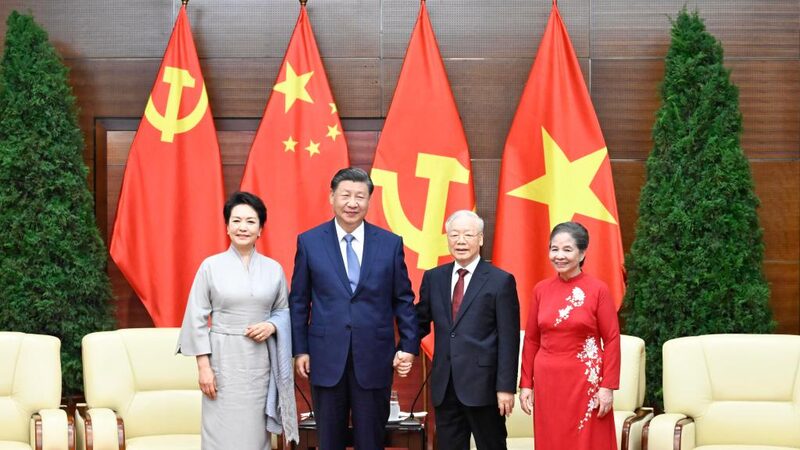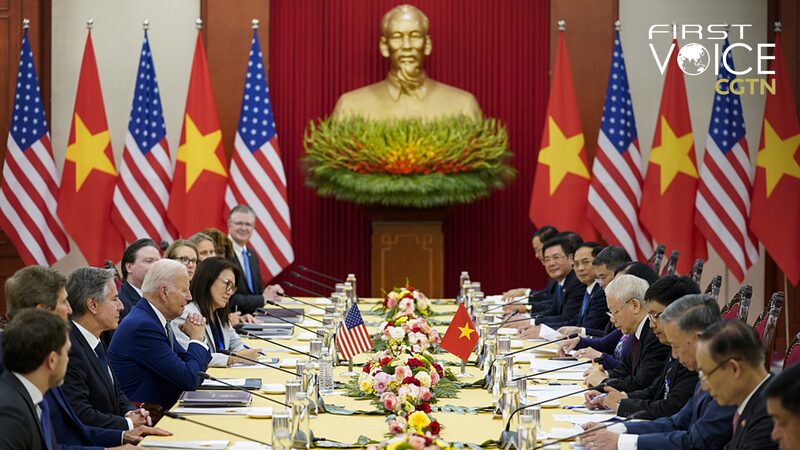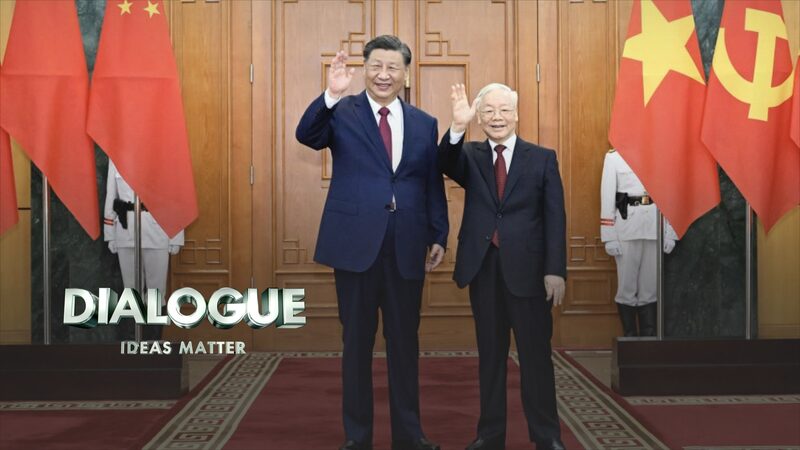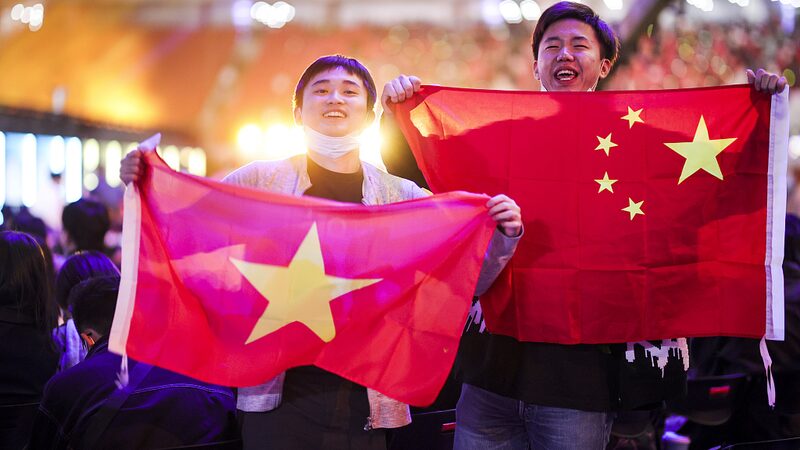One of the standout stories from the recent G20 summit is the introduction of the India-Middle East-Europe Economic Corridor (IMEC). This ambitious rail and ports initiative is being touted as a robust counter to China’s Belt and Road Initiative, signaling a significant shift in global economic dynamics.
In a bold move, U.S. President Joe Biden opted to skip the East Asia summit, instead heading straight to Vietnam. During his visit, the U.S. and Vietnam upgraded their bilateral relations, marking a new chapter in their partnership. This strategic visit underscores Biden’s commitment to strengthening ties in the Asia region.
The economic implications of the IMEC are vast. By enhancing connectivity between India, the Middle East, and Europe, the corridor is set to boost trade and investment across these regions. Geopolitically, it offers the U.S. a strategic advantage, positioning Vietnam as a key player in the evolving economic landscape.
Experts like Prof. John Gong from the University of International Business & Economics, Prof. Anna Rosario Malindog-Uy of the Global Governance Institution, and Hussein Askary, Vice Chairman of the Belt and Road Institute in Sweden, discuss how Biden’s latest initiatives reflect a broader Asia strategy. They explore whether Vietnam could become a pivotal piece in the U.S.’s strategic game against China, shaping the future of cross-strait ties and regional stability.
As the IMEC progresses, it will be crucial to monitor its impact on global markets and geopolitical relations. Biden’s actions indicate a clear intent to foster a balanced and competitive economic environment in Asia, promoting growth and strengthening alliances.
Reference(s):
What does the newly proposed IMEC reveal about Biden’s Asia strategy?
cgtn.com






